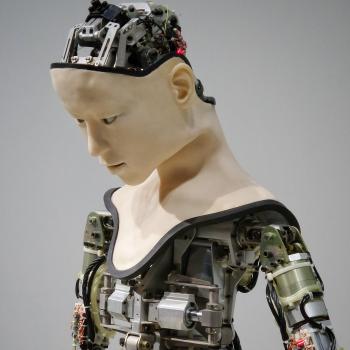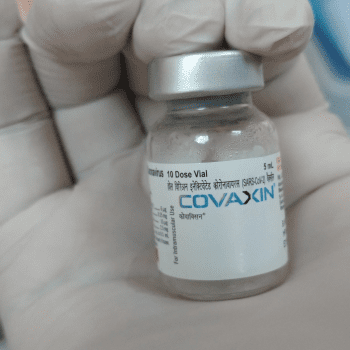Much of the Catholic discussion around the ethics of vaccines has focused on the remote connection with abortion. There has been an implicit assumption that all testing on HEK-293 is unethical. But as not all remote cooperation with evil is immoral. Thus, we need to ask if the tests Moderna and Pfizer did on HEK-293 were immoral on the part of the companies & scientists. I don’t think there is a clear definitive answer but I will give principles to judge it.
To analyze this I will explain relevant moral principles then analyze the tests using the same principles in the same order.
Moral Principles of Double-Effect & Remote Cooperation / Appropriation

Remote cooperation is an extension of the principle of double-effect. To understand it, we need to understand the three parts of any moral action. Then we can look at where double-effect fits into moral action.
Three Parts of the Moral Act
The three parts of any action are the object, the end, and the circumstances. The first two must always be 100% good or neutral but, in modern society, circumstances almost always have some imperfection if pushed.
- The object is what we choose in choosing the action. It answers questions like what or how. For example, my object right now is writing a blog post on my computer. In Veritatis Splendor 78, John Paul II said: “The morality of the human act depends primarily and fundamentally on the ‘object’ rationally chosen by the deliberate will.”
- The end is the goal one is seeking in an action. It answers questions like why or for what end. For example, my end right now is explaining Catholic moral theology to fellow Catholics.
- Circumstances are a little more complicated as they tend not to be as monolithic. They include questions, like when, where, with what tools, under what direction, etc. I’m writing this in my room in my community house, using the laptop assigned to me, after finishing a part of my doctoral thesis with permission from my superiors to write such things online, etc.) Certain circumstances can be sufficient to make an act immoral, but most don’t corrupt the whole act. Often circumstances are imperfect but the act is still clearly good. For example, I know this laptop almost definitely has rare earth metal from illicit sources in it, but given every other aspect of the act is good, this does not corrupt the whole act. If even super minor imperfections like that corrupted an act, there would be no way to act morally while living in modern society.
This is continued on FrMatthewLC.com.












